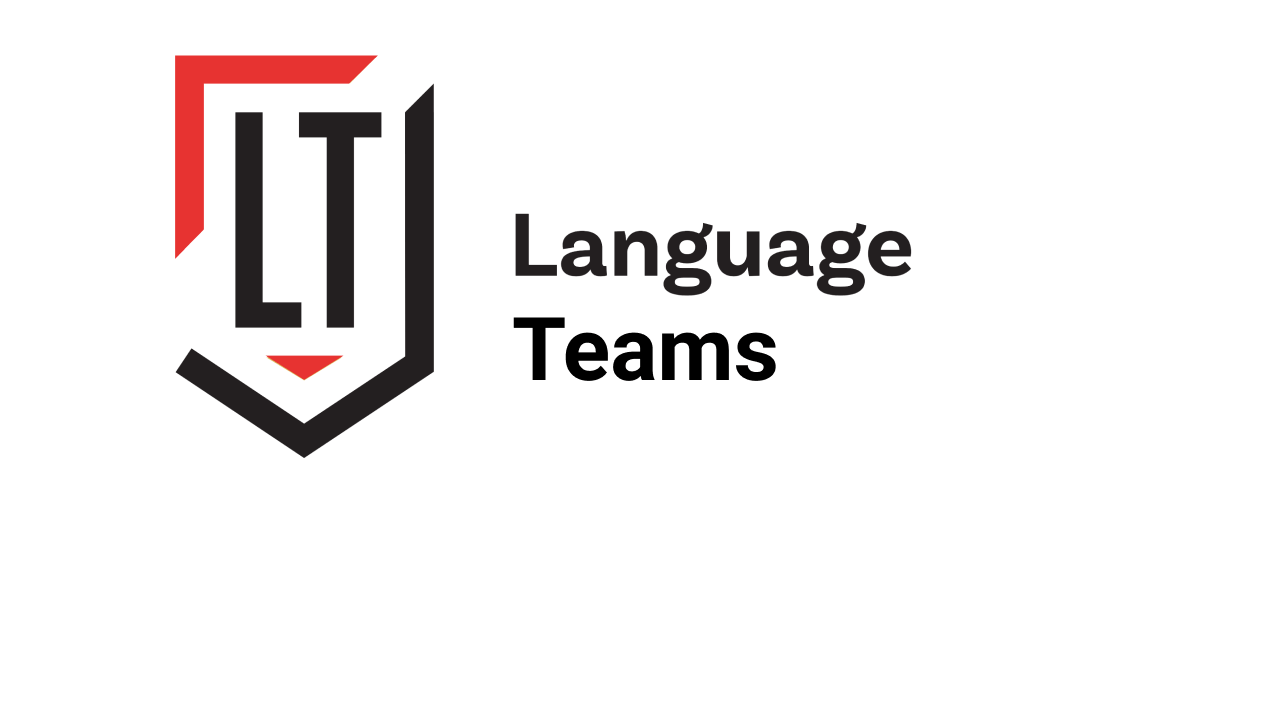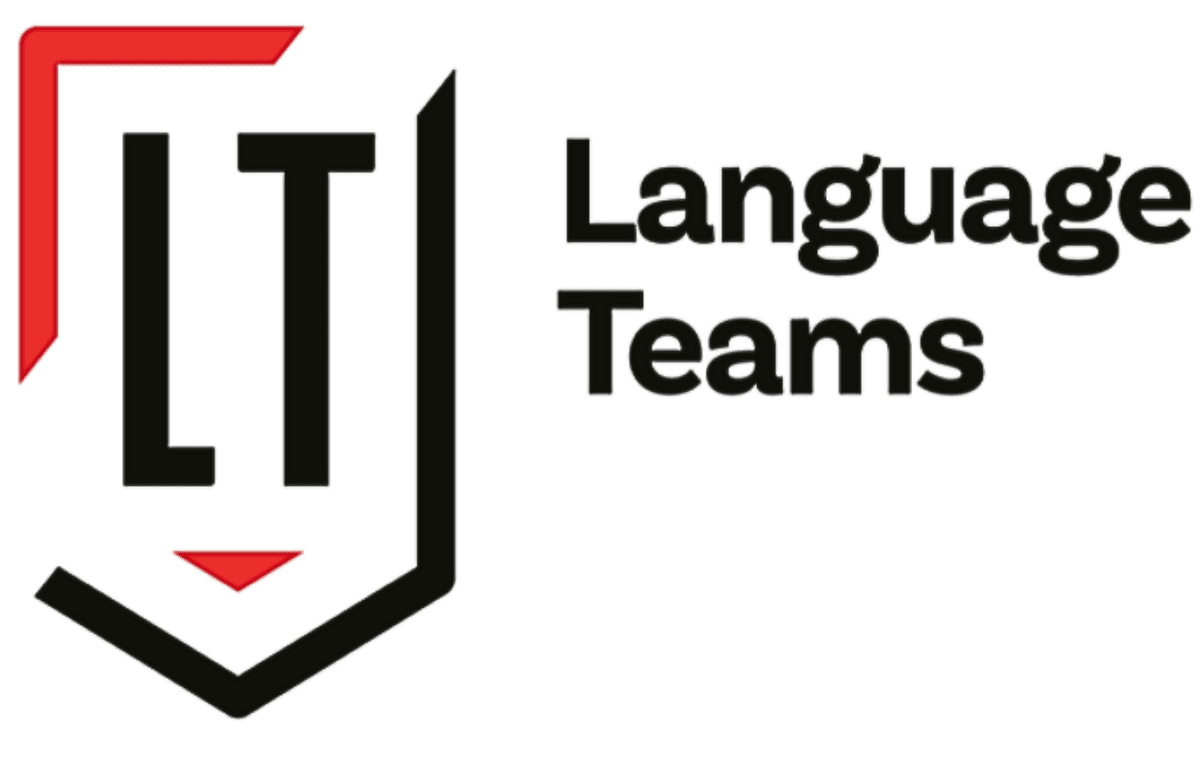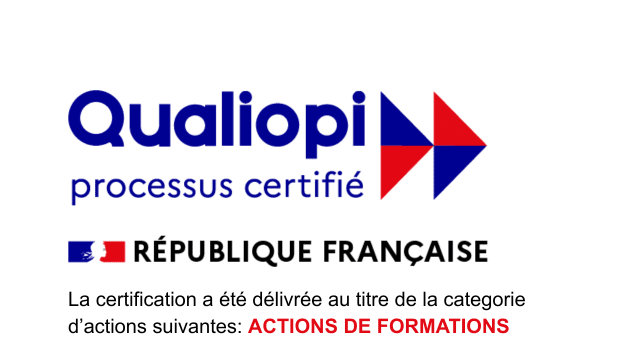In this course, you will build on the foundations laid in A2 and progress towards independent communication. You will learn to hold conversations about work, travel, social situations and current affairs, and discover how to formulate and support your opinions. The programme follows the CEFR guidelines and consists of four modular blocks of 20 hours, with a strong focus on speaking skills and realistic interactions.
Parcours A2 - B1
4 modules of 20 hours each
Communicative approach (CEFR)
What does level B1 mean?
Level B1 is the level at which you can communicate independently in common situations. You understand the main points of clear conversations, can participate in social interactions and can talk about experiences, plans and events. You learn to express your opinion and briefly explain your reasoning.
Module B1 (4 x 20 hours)
Modules at level B1
The B1 course consists of four modules, each lasting 20 hours. Each module is a self-contained learning unit in which you work on speaking skills, listening skills, grammatical structure and functional communication. You will learn to deal with situations from everyday life, simple professional contexts and current topics. The focus is strongly on interaction, independence and being able to participate fluently in conversations.
Module 1 — Social interaction & daily autonomy (20 hours)
What you will learn:
Result
You can participate in simple but fluent conversations, share experiences, respond to others and contribute to a conversation.
Module 2 — Work, professional tasks & internal communication (20 hours)
What you will learn:
Result
You can manage independently in common work situations and simple professional exchanges.
Module 3 — Current affairs, society & expressing opinions (20 hours)
What you will learn:
Result
You can express yourself on social issues, give simple arguments and understand current information.
Module 4 — Stories, structure & written production (20 hours)
What you will learn:
Result
You can produce a coherent story or report, both orally and in writing, with a clear structure and understandable language.
What can I do at level B1?
At level B1, you will be able to communicate more and more independently. You will be able to participate in conversations, understand current topics, recount experiences and give simple arguments. You will understand the main points of clear conversations and be able to function smoothly in most everyday situations.
Talking and interacting
You can:
Listen
You can:
Read
You can:
Write
You can:
Objectives of the B1 course
Main objective of this level
This course helps you develop independent communication skills in French. At level B1, you will learn to hold longer conversations, share experiences and opinions, understand current information and communicate functionally in both social and simple professional situations.
The objectives below provide a complete overview of the skills you will develop during this B1 programme, built around the four main language competencies and additional skills such as grammar, interaction, and learning strategies.
- formulate longer, fluent answers instead of separate sentences
- participate in conversations about everyday topics, leisure time, travel, work
- give your opinion and briefly explain why (I think that... because...)
- ask questions, ask for clarification and respond appropriately
- start, maintain and end a conversation
- talk chronologically about events, experiences, plans or problems
- understand the main points of conversations between native speakers (when they speak clearly)
- follow dialogues in shops, services, social and professional contexts
- understand short news items, podcasts and videos at B1 level
- follow instructions or practical explanations (work, school, administration)
- extract relevant information from audio recordings of everyday situations
- understand simple news articles, blogs and current texts
- read practical texts: emails, announcements, advertisements, explanations
- recognise the main idea and key details
- identify opinions or arguments in short texts
- understand longer texts with a clear structure and predictable vocabulary
- write clear emails, messages and short reports
- describe experiences, events and situations in a logical sequence
- express an opinion in writing and briefly support it
- fill in forms and note down practical information
- write longer texts with adequate coherence (signal words, structure)
- Use more correct sentence structures in longer statements
- Use connecting words (d’abord, ensuite, pourtant, en plus…)
- Better distinguish and use the passé composé and imparfait
- Use more complex sentence structures (give reasons, explain, nuance)
- Create longer sentences with clearer connections between ideas
- Use sequence words to build a story logically
- work and professional contexts (tasks, problems, planning, communication)
- society, current affairs and everyday topics
- travel, experiences, leisure and social interactions
- feelings, opinions and reactions
- functional language for emails, messages, questions and appointments
- Establishing social contact easily and responding appropriately
- Using appropriate registers (formal/informal)
- Using social conventions (responses, forms of politeness, showing empathy)
- Talking about social topics: relationships, leisure time, health, society
- Conducting conversations in which you express nuance, feelings and reactions
- conduct basic professional conversations (tasks, problems, questions, planning)
- follow simple meetings and respond briefly
- give and understand work-related instructions
- process internal communications (short emails, messages, procedures)
- request and pass on relevant information in the workplace
- apply strategies to deal with misunderstandings (restate, ask for repetition)
- expand your vocabulary and grammar
- select information from complex input
- plan and follow up independently through feedback and self-evaluation
- adapt your language use to the situation (social, professional, informal)
Who is this training course aimed at?
This course is intended for students who have already reached A2 level and want to progress towards greater independence in French. The B1 level is aimed at people who want to communicate more fluently in social, everyday and simple professional situations.
This training course is ideal for:
Admission requirements
Not required:
Requirements:
When is this course right for you?
This course is ideal for you if:
you want to communicate more independently in everyday and professional situations;
you would like to take part in longer conversations without losing your train of thought;
you want to better understand current events, media content, and authentic dialogue;
you want to learn how to express your opinion and formulate short, clear arguments;
you wish to improve your ability to tell stories, explain situations, and describe problems;
you are ready to move from “surviving in French” to “communicating in a natural, autonomous, and effective way.”
Contents of this training course
The B1 course consists of four modules, each lasting 20 hours. Each module forms a complete learning unit with clear objectives, vocabulary, grammar, communication exercises and continuous assessment. The focus is on oral interaction, independence and functional communication in both social and simple professional situations.
What you will learn:
- Talking about your background, journey and identity
- Describing recent experiences (project, trip, event)
- Responding in social conversations and taking initiative
- Formulating simple opinions (je pense que… parce que…)
- Following conversations between native speakers (clear pace)
- Structuring stories (chronology, details, signal words)
Expected results:
You will be able to participate more fluently in social conversations, give your opinion and recount events chronologically.
What you will learn:
- Talking about work, tasks and responsibilities
- Asking for and giving information in a professional context
- Following short meetings and responding appropriately
- Formulating and understanding instructions
- Performing simple administrative or organisational tasks
- Writing functional emails and messages within a work context
Expected results:
You will be able to function independently in common professional situations with clear communication.
What you will learn
- understand news, short articles and simple reports
- formulate a point of view on social issues
- recognise arguments and respond appropriately
- express feelings, reactions and opinions clearly
- follow longer conversations about current affairs.
Expected results
You will be able to participate in conversations about current affairs, express your opinion and give basic arguments in everyday situations.
What you will learn:
- Structuring stories and experiences
- Combining the passé composé and imparfait within a narrative
- Writing shorter functional texts (messages, emails, reports)
- Clarifying problems or situations using clear language
- Structuring texts with logical coherence and signal words
Expected results:
You will be able to write clear, structured texts and tell stories orally in a logical sequence.
Our approach in the B1 programme:
- Communicative and task-oriented assignments
- Intensive speaking and listening training
- Strong focus on interaction and realistic situations
- Regular formative assessments instead of a single exam
- Short assignments during and between lessons
- Teacher-led feedback sessions
- Small groups for maximum individual attention
- Flexible entry per module (depending on level)
Our methodology
Our courses follow a communicative and action-oriented approach, in line with the guidelines of the CECR.
Communicative interaction
Oral expression is at the heart of learning.
Realistic situations and dialogues.
Functional use of language (rather than theoretical).
Small groups (3 to 8 participants)
More speaking time
Immediate feedback
Individual support
Action-based learning
Role-playing games and micro-tasks
Missions in a real-world context
Emphasis on what learners can Immediately put into practice
Authentic materials
Videos, audio, advertisements, documents
Modern sources → actual language
Skills integration
Listening, speaking, reading and writing combined
Natural language progression
One-to-one lessons
Maximum speaking time
Flexible scheduling
Assessment and monitoring
Our courses follow a communicative and action-oriented approach, in line with the guidelines of the CECR.
Starting level and needs analysis
Self-assessment of oral proficiency
Needs analysis
Placement in the appropriate level
Progress and adjustments
Formative assessments (4 skills)
Teacher observation
Content adapted to level and pace
Tasks and exercises in a realistic context
Final assessment and certification
Summative assessment according to the CEFR
Certificate of competence
Report and satisfaction survey
Practical information
- Organised into three 20-hour modules
- This modular programme is made up of three independent 20-hour modules.
- Learners may enrol module by module (each unit of 20 hours) to progress at their own pace, or register for the full programme.
- Intensive schedule: usually two weeks per module (2 hours per day, Monday to Friday).
- Evening schedule: usually five weeks per module (4 hours per week, 2 evenings)
- We offer individual lessons as well as small-group classes (3 to 8 participants).
- Personalised support and plenty of speaking practice.
- Available online, on-site, or hybrid
- For online lessons, a laptop/smartphone + internet, microphone, and camera are required
- authentic texts, audio and video
- grammar and vocabulary sheets
- interactive tools such as Quizlet, Padlet and Kahoot
- all materials are shared digitally via Digiforma or Drive
- laptop or notebook
- headphones for online lessons
- motivation & active participation
- New modules start several times a year.
- For start dates, please refer to the registration form or contact us.
We strive to make our courses accessible to as many students as possible. Do you need specific support or adjustments during classes (online or on-site)? Please contact our accessibility officer:
Accessibility contact person:
Ingrid Bouillé — ingrid@languageteams.com
Together, we will look at what adjustments are possible, such as:
- extra time or support during tasks
- clarified instructions
- alternative materials
- help with digital tools
- adapted teaching methods for specific needs
People with disabilities or learning difficulties are encouraged to contact us in advance so that we can provide an optimal learning experience.
Quality & Satisfaction
These results are based on feedback from 132 out of 362 students, we remain committed to boosting both approval and participation rates.



